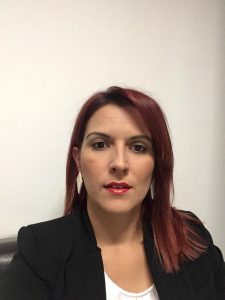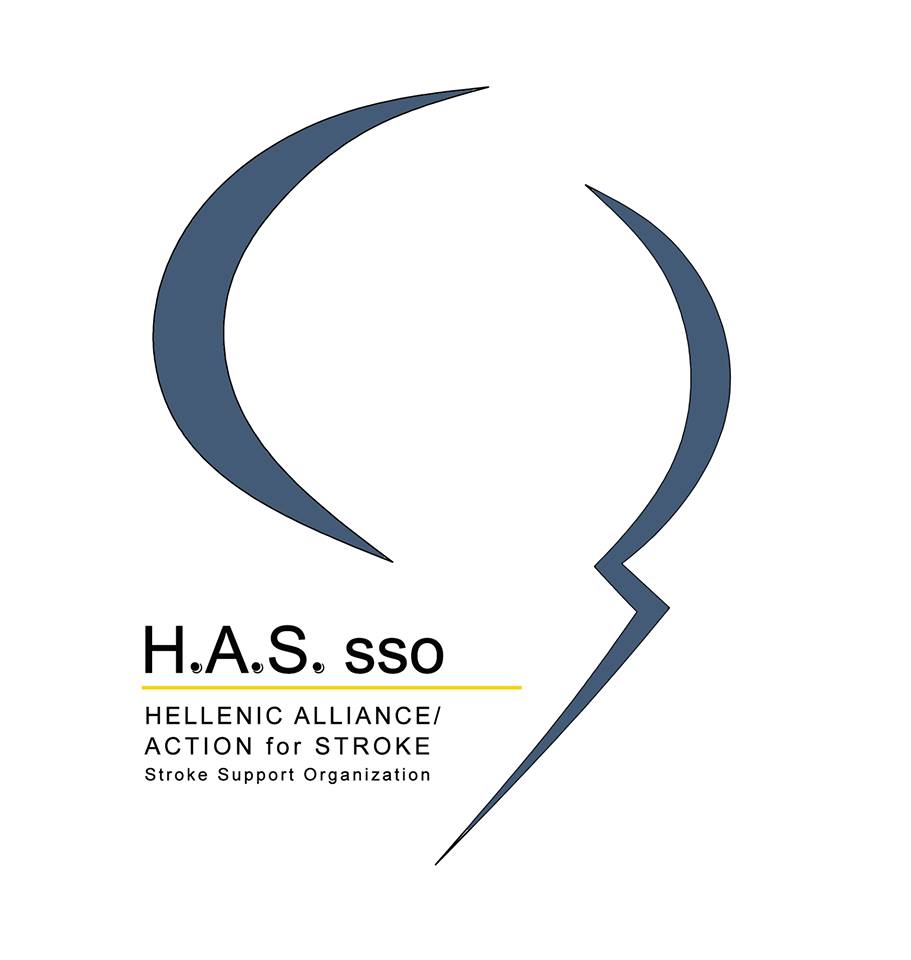Continuing our conversations with SAFE member organisations from across Europe, we spoke this week with Pinelopi Vlotinou, Occupational Therapist and Anna Tsiakiri, Psychologist from the Greek stroke support organisation, Hellenic Alliance for Stroke.
SAFE: What is one issue related to the life after stroke in your country that you think needs special attention?

Pinelopi Vlotinou, Occupational Therapist
Engaging and making relevant transitions from clinic to real life in the outside world that are meaningful and thoughtful. Often the missing link of the “rehab puzzle” means announcing to the family prognosis for improvements which may not always be positive and may require environmental adaptations that should be individually geared and best suited for the patient. After a stroke there are “fog” issues not only for the patient but for the family. Trust issues about what works best as well as a unfamiliar new home, social as well as professional environment. It is important that regaining social roles and the return to the previous state of life, taking into account the consequences of stroke. Life goals as well as family needs should be balanced. They require that the patient should establish good relations with someone they trust and implement changes and transitions into daily decisions. Support and framing by a group of specific health professionals who will direct towards the optimum course of action.
SAFE: What would be the solution, i.e. what is your organisation’s position regarding this issue?
Solution: The awareness of the fact that rehabilitation is long term but must be individualized. Therefore the families make cultural competent adaptations that are considered in their options which are provided by health care staff as well as society at large after the hospitalization.
Proposals:
– Every stroke unit should define a “Stroke advisor”. His/her role summarizes at the following:
– connect the patient and his family with “health professional system”
– provide support, information and guidance
– keep a six month “follow up” with the patient
– provide “monitoring” of the patient even at home. Adaptations, ergonomic and ecological suggestions, modifications even to the working environment of the patient can be an additional action to help the individual
– provide resources about Stroke Support Organizations and about local available services
– provide access to patient and family to informational leaflets such as Angels Initiative.
– All neurological clinics/stroke units should establish a Common Protocol about patient management
SAFE: Please tell us more about your organisation.

Anna Tsiakiri, Psychologist
Hellenic Alliance for Stroke consists of research and academic organizations of health care providers such as the Greek Neurological Society and the Hellenic Society of Cerebrovascular diseases, institutions, health professionals, voluntary support structures, caregivers and patients. The aim is to make a concerted effort both to inform and educate the public about prevention, early diagnosis and treatment of a stroke and to the health policy makers in order to achieve improvement of health services for the treatment, care and rehabilitation of the patient with stroke at the national level. Main goals:
– Communication and cooperation between members, coming from the scientific field and members, coming from the field of stroke survivors, in order to update and exchange views, knowledge and experience which we believe is the best possible ways to treat, restore and help improve or maintain quality of life not only for the stroke survivor but the family at large.
– The support and promotion of scientific research on issues related to strokes, aiming at better prevention, rehabilitation and reduction of consequences and social costs.





